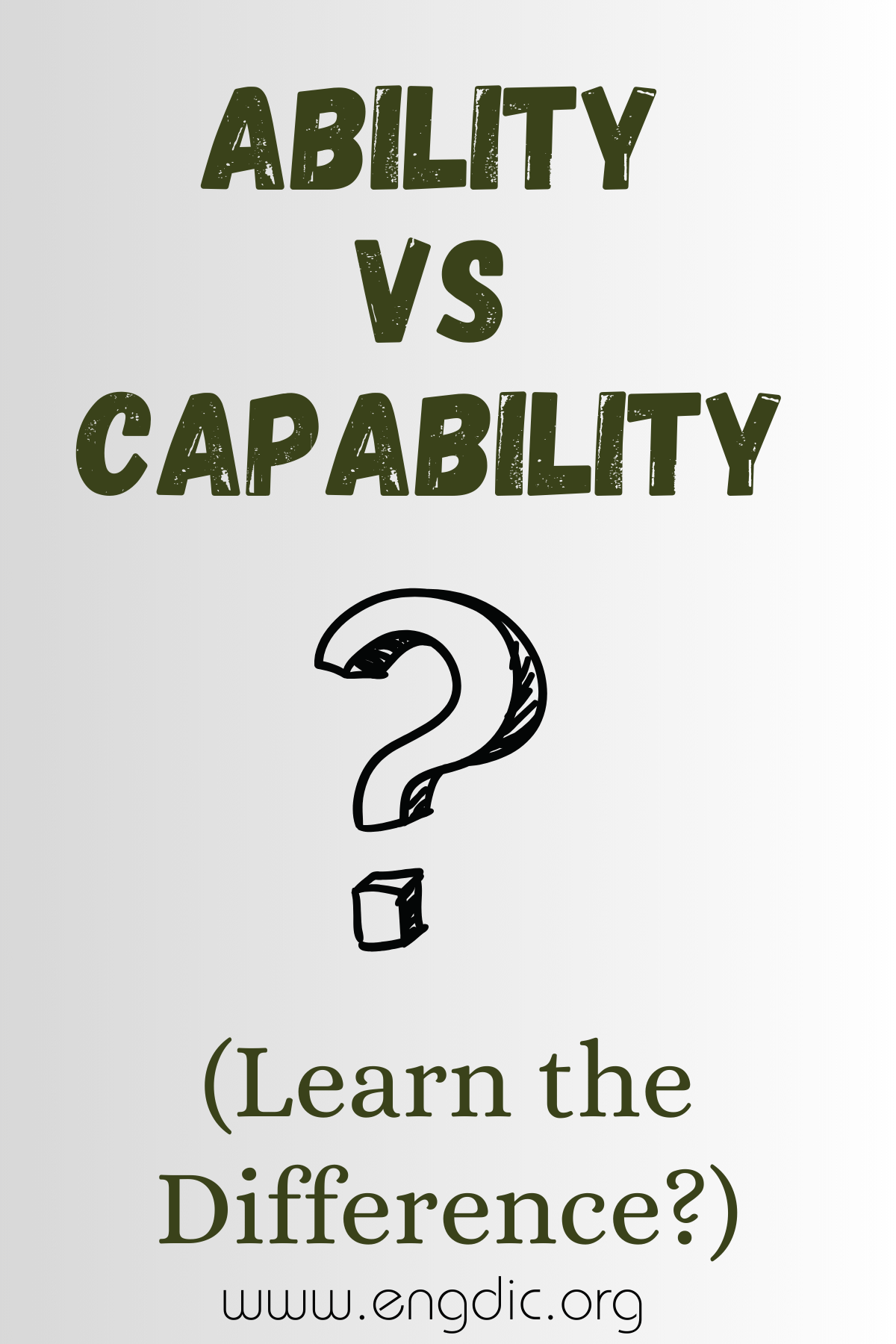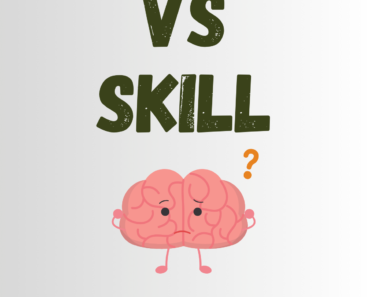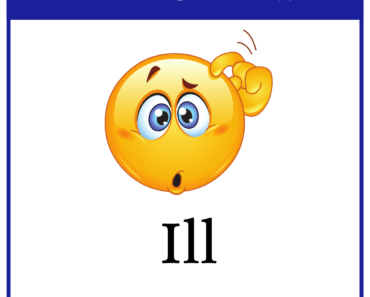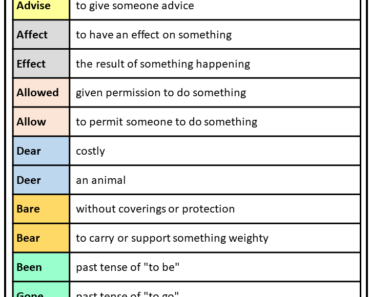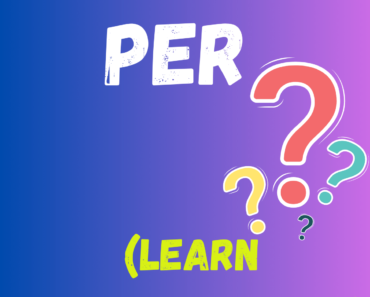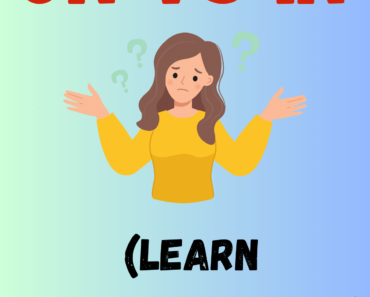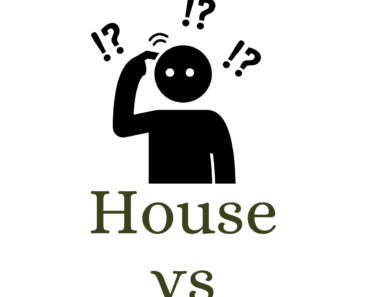While “ability” and “capability” are often used interchangeably, there’s a subtle difference between them.
- “Ability” refers to the inherent or acquired skills and talents that an individual possesses, like the ability to play piano or speak a language.
- “Capability,” on the other hand, is broader and denotes the potential or capacity to perform a task, which might require additional resources or conditions.
For instance, a person may have the capability to lead a team but lack the specific skills (abilities) needed yet.
Definition and Usage: Ability
Definition: “Ability” is defined as the possession of the means or skill to do something. It represents the skills or talents an individual has developed, either naturally or through learning and practice.
Usage and Examples:
- Skill and Talent: Ability often refers to a person’s skill in performing specific activities. For instance, “She has the ability to play complex piano pieces effortlessly.”
- General Proficiency: It’s used to denote overall proficiency in an area, such as “His ability to analyze data sets him apart in his field.”
- Physical/Mental Powers: The term can also apply to natural physical or mental powers. For example, “His ability to recover quickly from injuries is impressive.”
Definition and Usage: Capability
Definition: “Capability” refers to the power or potential to do something, often implying a latent capacity that can be harnessed or developed with the right conditions.
Usage and Examples:
- Potential Power: Capability implies the potential to achieve something when given the right resources. For instance, “The company has the capability to expand globally, but it needs more funding.”
- Complexity and Scale: Often used in a broader sense to describe complex systems. For example, “The military’s defense capabilities are unmatched.”
- Resource Dependency: Unlike ability, capability frequently involves resources or conditions. For example, “With the right support, she has the capability to lead the entire division.”
